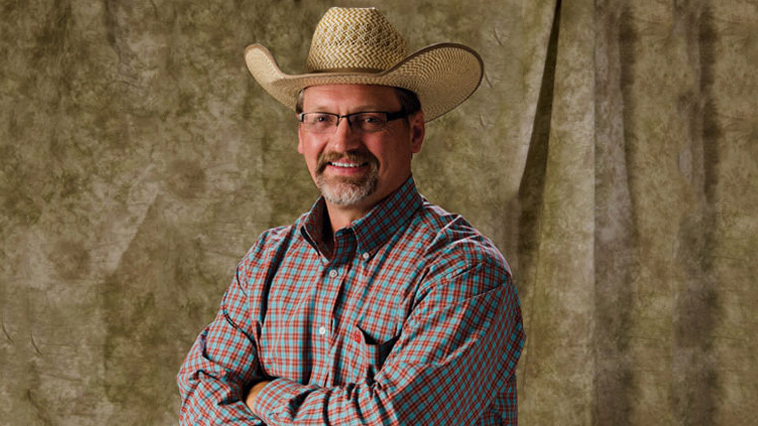


By Billy Smith
It startled me like few things ever have. Like an equestrian vagabond, I found myself subcon- sciously wandering through the world of unicorns on the deep-reaches of the Internet; more speci – cally, I was shopping for two horses. Two calm, kind, perfect Paints ready to carry the world’s most precious possessions—my grandchildren.
My walkabout for the perfect set of babysitters cultured itself over the last several months when my tranquil world suddenly shook, and I awoke to this involuntary quest. In a whisper of time, Ms. Min- dy and I have gone from empty nesters with two grown, single and driven adult children to welcom- ing two sets of in-laws and then two new babies (my children have never been prone to wasting time).
In that whirlwind, I’ve fallen into this deep and mystical world of grandfatherdom: the mystical life-walk where second-chances blossom like Texas Bluebonnets in the spring. The standards to which I now aspire are lofty and with time have grown steeper and more impossible to climb. Like too few grownups today, I was raised within a few miles of both of my grandfathers. Both of them live on in my daily steps and very often in my nightly dreams. They counsel, cajole, humor and prod me forward. Quietly and persuasively, they churned the soil be- neath my feet and grew the tales of sacri ce and caring that reclaim a spot in my every day, usually when I need them the most.
Both of my grandfathers weathered calami- ties like the Great Depression, the Dust Bowl and countless commodity price collapses without com- plaint. They chased their own unicorns mostly in solitude and occasionally spoke about their jour- neys through thinly veiled stories of frivolity.
As precedent, the treat of spending the night at my father’s father’s house was to awaken early to the rhythmic rat-a-tat of his early morning soft shoe. He was the paler version of Cholly Atkins and Honi Coles shu ing on the worn kitchen oor where my grandmother toiled over countless dinners.
“They call this the soft shoe,” he explained once when I worked up the courage to ask about his morning dancing habit. “This was my rst job, on the board walk in Hot Springs (Arkansas).”
I’d learn later that he probably jigged as a child to earn enough money to keep himself alive, but he only occasionally exposed his grandchildren to the aches of growing up poor. But for me, a rhythmless waif, listening to my grandfather dance the soft shoe at 4:30 a.m. was magical, soothing and a clarion call for me to never miss an opportu- nity to sleep over.
I was a college student when he passed. By the time I’d crossed the vastness of West Texas, the single rose I’d brought for his funeral had largely withered to a bowed bud that seemed to mourn along with me. I was ill prepared to lose someone that close to me, and I wandered through the re- maining semester quietly believing I’d never hear his sometimes-gru counsel again. I was wrong; both of my grandfathers still come back at night, during my deepest slumber, to o er encourage- ment and solace. Odd sometimes, I think, how these brusque, uneducated, ordinary men keep re- appearing as the arms to the moral compass that remain xed and rm. Odd indeed.
I’m sure I’ll nd my unicorns—those kind, per- fectly mannered horses that might exist to meet my exacting standards. When I do, I’ll share them with two cherubs and utter a few bearable chords that will hopefully somehow imprint a memory as lasting as my own. Maybe they won’t pay too much attention to the ever-expanding wrinkles and widening gray and instead remember a few soft-shoe jabs from a rhythmless old man … the old man with the two unicorns.
SHARE THIS